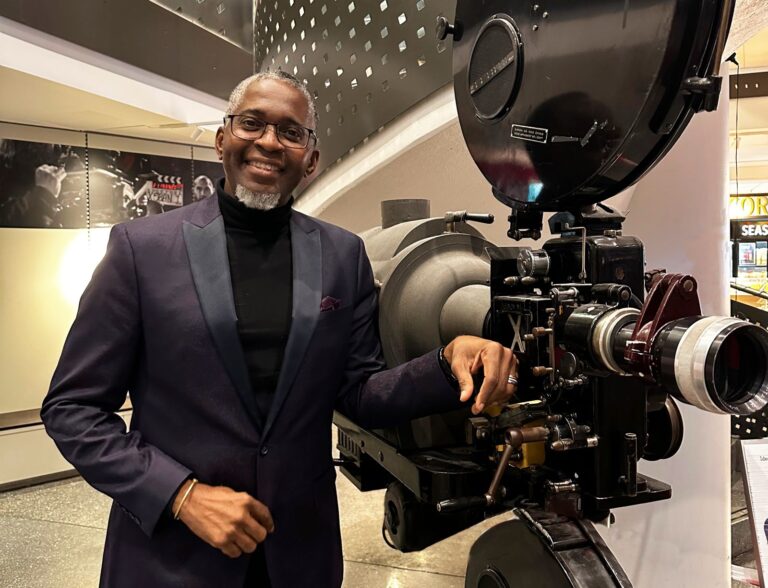African cinema is a far cry from the quaint cultures, romantic settings, and formidable landscapes for danger, mystery, suspense, existential drama, and adventure that have been prevalent in western media for decades. For African filmmakers, substantive issues of the day are, through a wide range of narrative, aesthetic and thematic strands, more common concerns than escapist and sensationalist fares. The affordability of filmmaking tools in the last few decades; prompted an exponential growth of the African film industry with African filmmakers eager to share the true stories, hopes and dreams of Africa with the global community. In this, African cinema challenges the complex networks of ignorance, prejudices and stereotypes underpinning Africa’s pernicious misrepresentation as a place of turmoil, deprivation, wildlife, ethnography, the spectacular, and ambiguous.
For long, film festivals, like the Silicon Valley African Film Festival (SVAFF) in California and platforms like Pavillon Afriques at the Cannes film Festival, have been gateways for African cinema to global spheres, after which they, ironically, receive fleeting recognition beyond such circuits; in part, due to denigrating labels and expectations. Remarkably, certain unique features of African cinema have been touted in dominant cinema circles as ostensible setbacks for reaching ‘global’ audiences which can be redressed through ‘universal’ narratives. Such short-sighted calls, not only privilege certain types of films, ‘tastes’, narratives and styles, they come embedded with problematic values and visions for African cinema.
Even if an African film were to meet all the stipulations of ‘universalism’, same hubs would call it bland, with questions raised about its ‘authenticity’. The preceding, therefore, invite critical contemplation on the assumptions, fraught relationships and enduring marginalization of African cinema in festival circuits and global markets.
At the heart of curating African cinema lies a commitment to amplifying diverse voices, challenging stereotypes, and showcasing the complexity of African experiences. This entails a nuanced approach to selection, one that goes beyond conventional narratives and embraces the multiplicity of identities, cultures, and
histories that define the African continent. At SVAFF, we see ourselves as custodians of these stories, tasked with the responsibility of preserving cultural heritage while also fostering innovation and artistic expression. For SVAFF, an enduring principle is that a film does not need to compromise its intrinsic inspirations and features to achieve ‘global recognition’. Hence, our festival’s motto: Africa through African lens. Each festival roster, draws from African cinema, on its own terms, without prescriptions, especially mindful of continuing constructions of ‘African-ness,’ and against anecdotal frameworks. While festival programming, involves intricate considerations and inevitable pressures, SVAFF is not deferential to idealizing Africa or run-of-the-mill programming structures. Each edition is, therefore, unique not just in its diverse lineup but how the narratives, characters, themes, aesthetics, and styles showcase eclectic reference points from which the creative fountains of African cinema spring.
Curating African cinema is both a privilege and a responsibility. It involves navigating the complexities of representation and authenticity, and requires a deep understanding of the cultural, social, and political dynamics that shape the continent’s film industry. In a globalized world where African stories are often filtered through Western lenses, it is crucial to challenge stereotypes and present a more nuanced portrayal of the continent and its people. This requires a critical examination of power dynamics and a commitment to decolonizing the curatorial process, centering African voices and perspectives at every stage.


